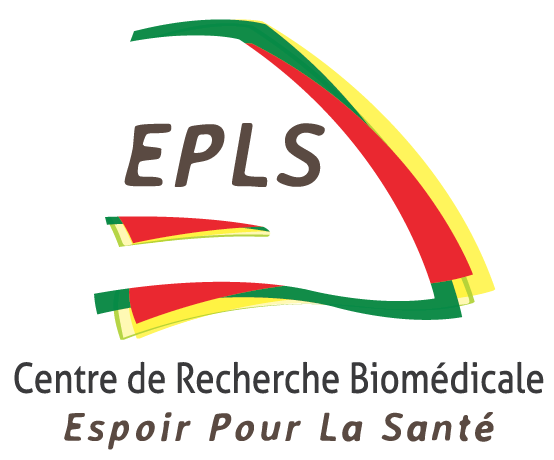Gender-dependent specific immune response during chronic human Schistosomiasis haematobia
Remoué F, To Van D, Schacht AM, Picquet M, Garraud O, Vercruysse J, Ly A, Capron A, Riveau G.
Clinical and Experimental Immunology, 2001, 124(1):62-8 (PMID : 11359443)
The cellular and humoral acquired immune responses to Schistosoma haematobium 28 kD gluthathione S-Transferase (Sh28GST) antigen were evaluated in a Senegalese population chronically infected with S. haematobium parasite. We show a gender-dependent immune response in adult individuals presenting similar intensities of infection. Indeed, the specific IgA response and production of TGF-beta and IL-10 were found significantly higher in females compared to males. In addition, we showed that this profile was combined with a weak production of Th1-related cytokines (TNFalpha and IFNgamma) and was associated with an absence of proliferation to the antigen. A significantly higher Nuclear Matrix Protein 41/7 secretion, an apoptosis marker, was specifically observed in mononuclear blood cell cultures of females suggesting that a specific cell death process was engaged in a gender-dependent manner. This specific profile could be associated with the so-called T helper type-3 (Th3) immune response specifically promoting the production of IgA and would be developed upon the down-regulation of the specific Type-1 response by a probable cell death mechanism. This gender-dependent immune regulation, which may be under the influence of nonimmunological factors like sexual hormones, may be related to the chronicity of the infection.

